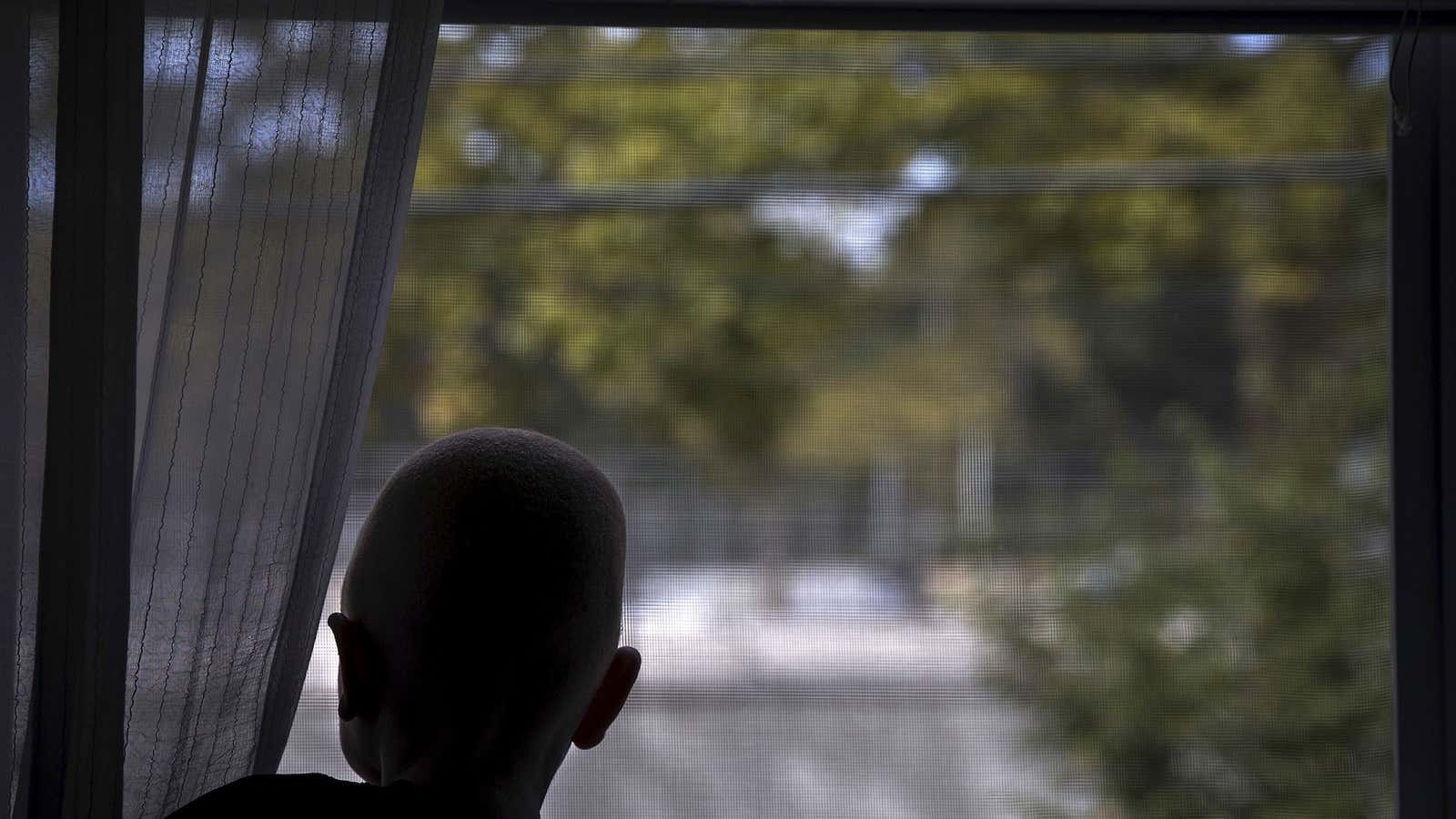The mythology surrounding albinos in parts of Africa is strong. In Malawi, it’s believed that their bones contain gold. In Tanzania, businesses and politicians turn to witch doctors who say the body parts of albinos bring wealth or good luck. Men believe that sleeping with an albino woman can cure them of HIV.
As a result, albinos, especially children and women, are increasingly being kidnapped and killed and their body parts sold on the black market, according to a new report from Amnesty International that’s based on interviews and research in Malawi. Ikponwosa Ero, an expert on albinos for the United Nation’s Human Right’s Council, said in April that Malawi’s 10,000 albinos face “total extinction” if nothing is done.
“Thousands of people with albinism are at severe risk of abduction and killing by individuals and criminal gangs in Malawi, where their body parts are allegedly sold for use in rituals. Graves of people with albinism have also been targeted by criminals who remove bones in order to sell them,” Amnesty concluded.
Albinism isn’t viewed in Malawi as the rare genetic condition that it is, but as a curse and an opportunity to make money. Derogatory names for albinos include “money,” “deal,” and “millions,” according to Amnesty. Researchers found that the limbs, genitals, ears and nose, or a “full set” was selling for $75,000 (pdf, p. 5) in Tanzania in 2009. Albinism is more prevalent in parts of Africa than elsewhere in the world.
It’s unclear what’s causing the uptick in abductions. Gangs along the border with Mozambique where the practice also happens, appear to be more active. Malawi’s faltering economy could be pushing struggling families and businesses to drastic measures. With high rates of inflation, unemployment, and poverty, Malawi was ranked the 13th worst-performing economy last year by the World Economic Forum.
Governments and human rights advocates have been speaking out against the practice for years, but public attitudes haven’t changed. Malawi’s ministry of gender, children, disability and social welfare says that attacks as well as raids on grave sites have been increasing since 2009, according to Amnesty. Another study by the nonprofit Under the Sun documented 448 reported attacks on albinos last year across Africa.
The threat of violence lead albino children to drop out of school, if their parents aren’t already hiding them away from the public eye. Adults with albinism avoid being out after dark. It’s commonly believed that albinism is contagious, causing those with the condition to be further shunned. Many of those who orchestrate abductions are close relatives.
““[The attacks] have changed everything. When I was growing up I believed that I could do anything. Now I am very sensitive. I cannot take a lift from strangers. In the past I was moving about without fear…I don’t feel safe,” an albino woman named Chimwemwe told Amnesty in February.
